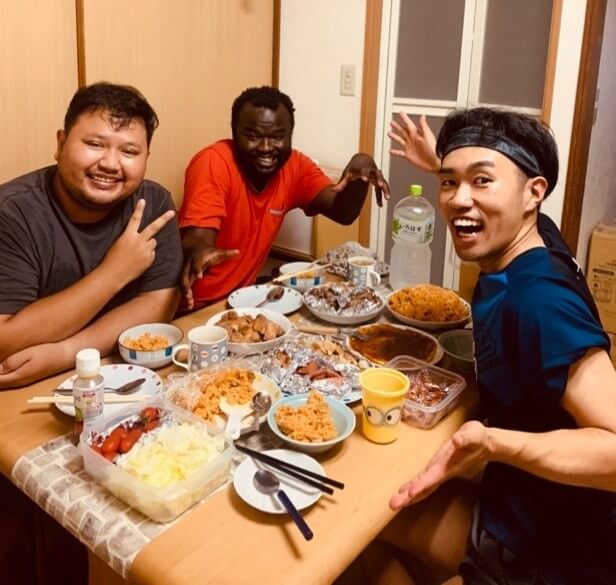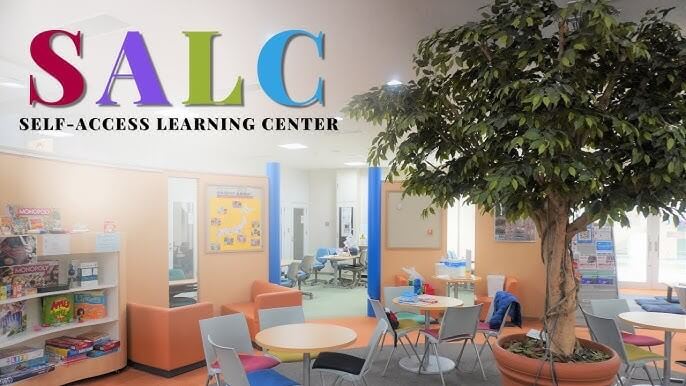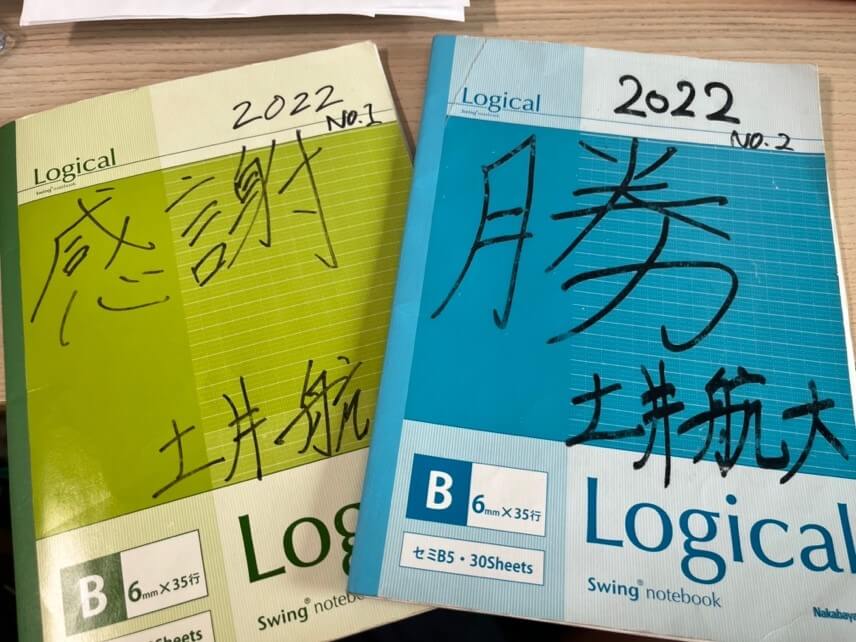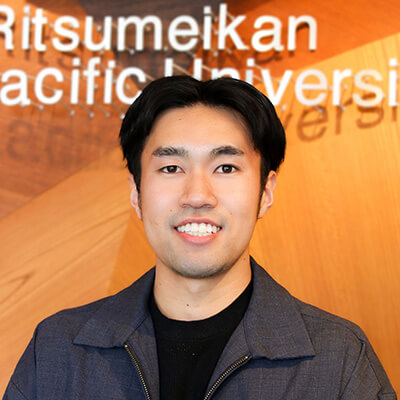What do you want to achieve at APU, everyone?
For me, I had two goals in mind before graduating from APU. One was to cultivate my English proficiency to the point where I could engage in deep discussions about culture and history with international friends. The second was to make friends from around the world and eventually visit their countries. With these two objectives in mind, I started focusing on learning English from my freshman year. Now, as a fourth-year student, I have made friends with international students from various countries and we constantly engage in conversations in English.
However, when I first entered APU, I could barely speak English beyond basic self-introductions. That's why I started with the lowest-level English classes and even had to relearn basic concepts like "be" verbs. At APU, if you enter with a Japanese standard, you initially focus on intensive English studies. The English track and starting level are determined based on your performance in the Benchmark test, which is an English proficiency exam. The English Standard Track that I started in had four levels, ranging from beginner to upper-intermediate. I am still learning every day, but in this post, I'd like to share how I, starting from English beginner courses, managed to improve my English skills.
1.Creating an English-Speaking Environment
Creating an environment where you can speak English is the most crucial factor in improving your English skills. Therefore, making the most out of APU's international environment is the quickest way to enhance your English proficiency.
What I did outside of classes was: (1) Increasing the time spent with international students, and (2) visiting the Self-Access Learning Center (SALC). SALC, as the name suggests, is a place for self-directed language learning outside of the classroom. It's staffed by English instructors and international students who provide guidance. Starting from my freshman year, I made it a point to utilize my free time between classes to have meals with international students and visit SALC. Beyond campus, I lived in a share house with international students and worked as a Resident Assistant (RA) at AP House, supporting exchange students. As a result, I learned to think in English rather than translating from Japanese, and I realized the importance of creating an English-speaking environment both on and off-campus.

At the share house with Umar from Chad and Gilan from Indonesia
2.Consistently Reaffirming Specific Goals and Objectives
There are numerous methods for learning English. Since there are so many approaches, it's essential to clarify your goals and objectives – what aspect of English proficiency you want to improve and why. In my case, I wanted to enhance my English communication skills. So, I thought carefully about what I needed to do, by when, and for what purpose, to become proficient in conversation. I always recorded my goals and objectives in my notebook and reflected on them. Since sticking to the plan can be challenging, I made sure to create simple goals and maintained consistency.
3.Embracing Failure
Lastly, "not being afraid to make many mistakes" is crucial. Because I couldn't speak English, making mistakes was a regular part of my learning process. Initially, even approaching international students was intimidating. When I tried to speak, I could barely understand anything, and I considered giving up multiple times. However, I realized that I had no choice but to keep trying if I wanted to achieve my goals. I approached conversations with international students without fearing failure and gradually worked on improving. Whenever I managed to express myself even a little, I thought of it as a sign of growth. As I started understanding conversations, I found the process enjoyable, and self-directed learning became a source of pleasure.
In Conclusion:
I've highlighted three points that are important to me. Everyone's approach to learning English is different, but creating the right environment, setting clear goals and objectives, and not fearing failure are all essential. As I became more fluent in English and learned about culture, history, and international issues through my many international friends, my dreams and values underwent a significant transformation. In my role as an RA, I provide support to dormitory residents in English, which has enhanced my communication skills. Lately, I've been sharing videos on YouTube where I interview international students about cultural differences in English. I plan to continue improving my English skills in the future.
So, for all of you, whatever you want to achieve, focus on creating the right environment, set your goals, and don't be afraid of making mistakes as you progress!
YouTube Channel: KD channel APU
Kodai Doi
Nice to meet you! I'm Kodai Doi, Beppu Onsen Master and a 4th year APS student.
As a YouTuber, I am currently sending out new content about international exchange, travel, studying abroad, etc. at APU! Through my SPA activities, I hope to provide useful information for APU students, as well as for many people outside of APU, including high school students and their parents, to read! (Graduated in March 2024)













